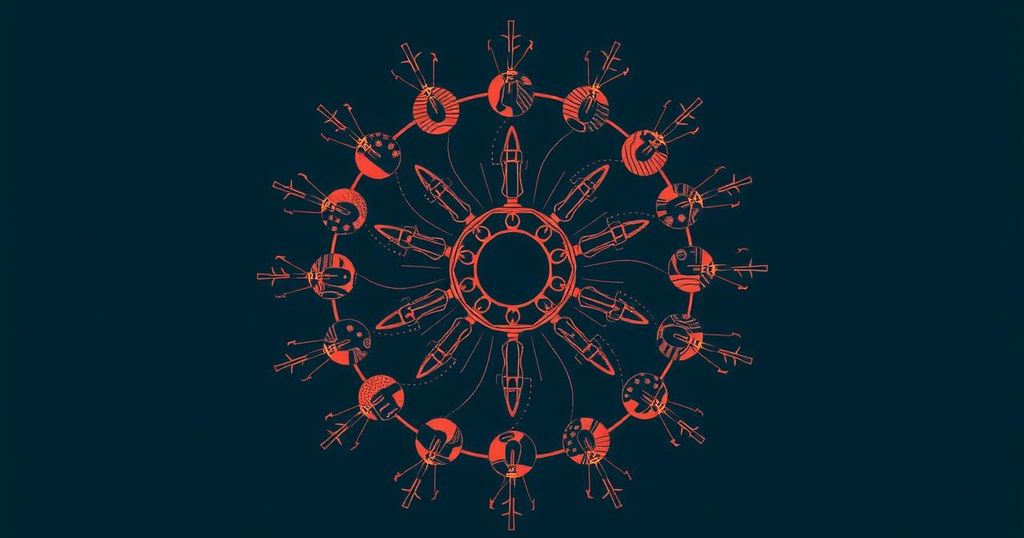The Pan American Health Organization (PAHO) has adopted a new policy to tackle the detrimental effects of climate change on health, emphasizing the importance of equity. The policy aims to improve health sector capacities for climate adaptation, where Indigenous Peoples and vulnerable populations are at greater risk. Heightened climate-related risks have resulted in increased health inequities and fatalities, necessitating immediate action from the health sector to address these disparities.
The Pan American Health Organization (PAHO) has recently established a pivotal new policy aimed at combating the adverse effects posed by climate change on human health, particularly focusing on the principles of equity. This Policy to Strengthen Equity-Oriented Health Sector Action on Climate Change and Health advocates for enhancing the capacity of the health sector to adapt to climatic shifts while simultaneously addressing health disparities and increasing funding to assist vulnerable groups. PAHO asserts that vulnerability to climate change impacts is not uniform and is intricately tied to socioeconomic factors, ethnicity, age, and geographic positioning. Consequently, Indigenous Peoples and other marginalized ethnic groups are noted to be at heightened risk due to their inherent connection to their environments. The Americas region has been deemed especially susceptible to climate variations, exposed to extreme weather fluctuations, and marked by socioeconomic inequalities that exacerbate health risks. From 2000 to 2013, Latin America experienced over 600 extreme climate events, culminating in nearly 14,000 deaths and extensive economic damage. Furthermore, a staggering 160% rise in heat-related deaths has been reported in South America alone within the last twenty years. In addition to that, an increase in vector-borne diseases such as dengue and malaria indicates a deteriorating public health landscape related to climate change. Global entities such as Oxfam and the United Nations have also highlighted climate-related health disparities and are working towards fostering energy access among underprivileged communities. For example, initiatives like Native Renewables extend affordable solar energy solutions to Native American families. Recently, Michigan allocated substantial funding for climate resilience projects to assist economically disadvantaged families in accessing solar power. PAHO emphasizes the urgency of integrating equity into climate adaptation and mitigation strategies. “Climate change threatens to worsen existing health inequities, disproportionately affecting populations and territories in vulnerable situations,” stated Gerry Eijkemans, the director of PAHO’s Department of Social and Environmental Determinants for Health Equity, which underscores the critical need for immediate actions within the health sector.
The interrelation between climate change and public health has emerged as a critical concern that necessitates structured actions across various sectors. The Pan American Health Organization has pinpointed health equity as a core priority amid escalating climate impacts. Vulnerable populations such as Indigenous communities are increasingly at risk due to a combination of environmental dependence and socioeconomic factors. PAHO’s new policy is designed to guide member states in leveraging health sector initiatives to alleviate these disparities while enhancing resilience against climate threats.
In summary, PAHO’s newly approved policy serves as a foundational step toward integrating health equity into climate action strategies. By addressing the multifaceted vulnerabilities faced by different populations and stressing the urgent need for decisive actions, this policy aims to foster a more equitable health landscape amidst the growing challenges of climate change in the Americas.
Original Source: www.thecooldown.com






